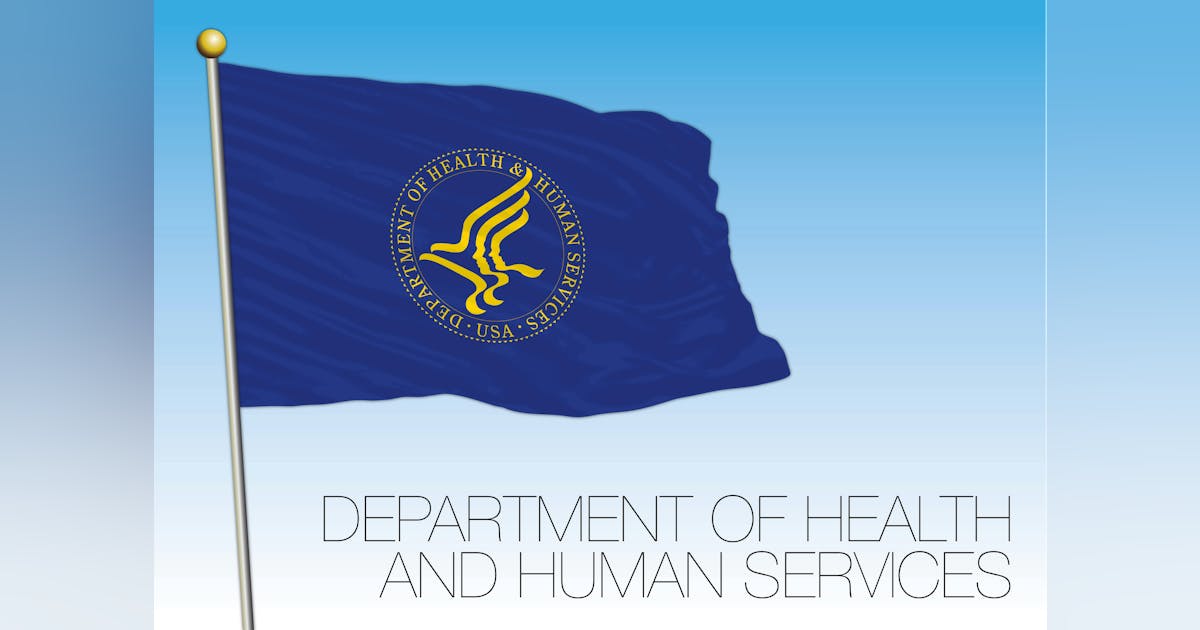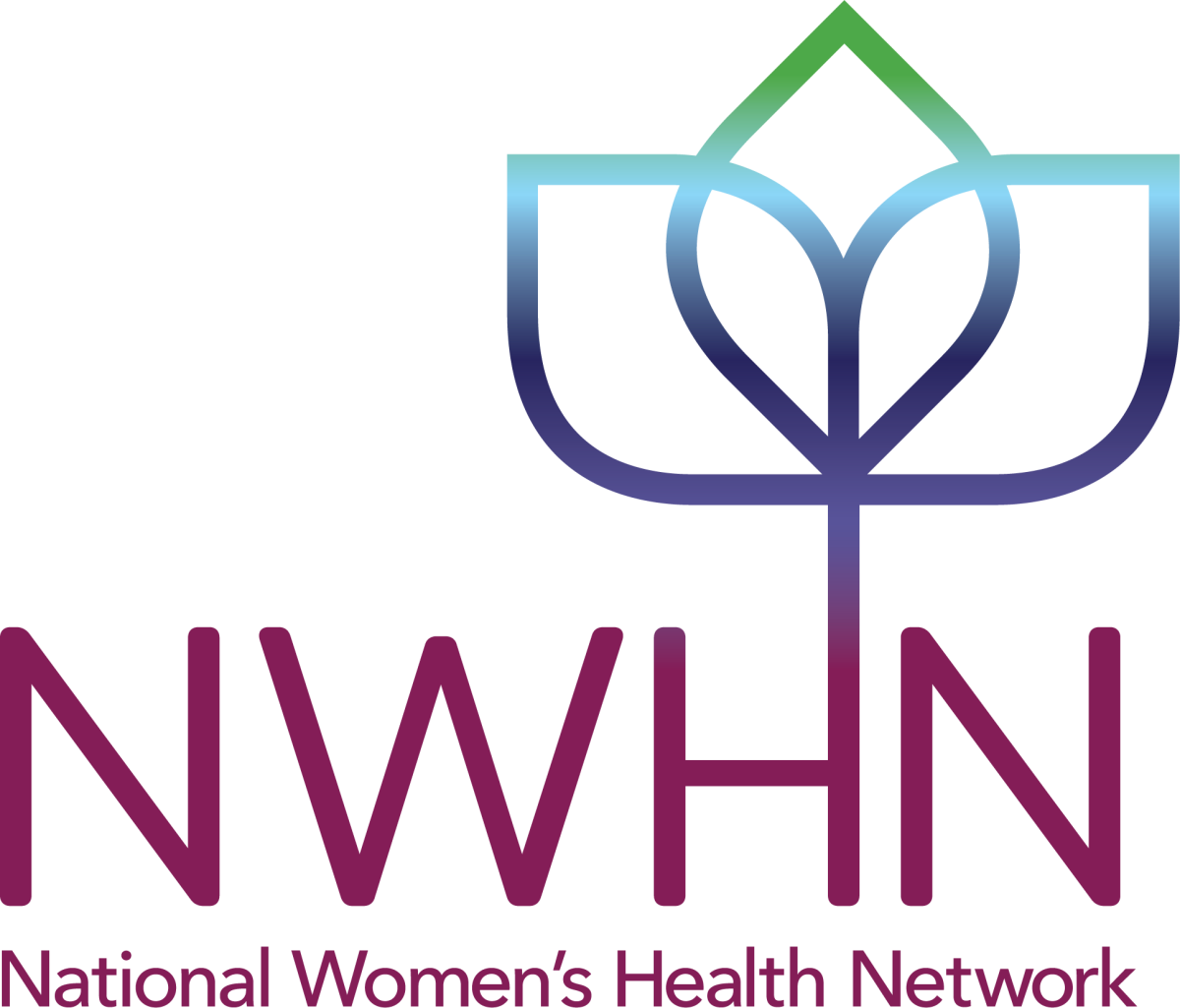In recent decades, opinions about the health benefits of milk and dairy products have become more diverse. While in the past, their nutritional value was widely accepted, today some believe that they are not beneficial to human health. Environmental concerns have also contributed to a decline in their popularity. Despite this, awareness of the impact of milk and dairy products is on the rise.
During Shavuot, common questions arise about how dairy products affect digestive problems such as bloating, gas or diarrhea. It is essential to understand the difference between a milk allergy and lactose intolerance. Lactose intolerance occurs when the body lacks the enzyme lactase needed to break down milk sugar, resulting in symptoms such as bloating, gas or diarrhea. A milk allergy can cause symptoms such as rash, swelling, nausea and abdominal pain.
Nutritional studies have shown that individuals with lactose intolerance can tolerate small amounts of milk throughout the day by consuming low-lactose dairy products like cheese and yogurt or lactose-free milk. Some people find relief by using lactase enzyme supplements before consuming milk. Consulting a doctor for proper diagnosis is crucial when experiencing symptoms of lactose intolerance.
The connection between milk consumption and phlegm production is still a topic of debate among Chinese medicine principles and scientific evidence suggests that dairy may affect mucus thickness but not necessarily volume. A meta-analysis in 2019 found insufficient evidence to support avoiding dairy products to reduce phlegm. However, plant-based milk substitutes like almond, soy and oat drinks have gained popularity as alternatives to dairy due to their suitability for those with allergies or intolerances but it’s important to note that these substitutes may have lower protein and calcium content compared to traditional dairy options.
Adults should consume two to three servings of dairy products per day to meet calcium needs as they are an excellent source of calcium crucial for bone and teeth health; however, alternatives like fish with bones, legumes and green vegetables can also provide calcium if consumed regularly. Ultimately there is no need to fear dairy products when consumed in moderation and as part of a balanced diet; consulting a dietitian for personalized recommendations based on individual needs and preferences can be helpful in achieving optimal nutrition while accommodating individual restrictions or preferences



